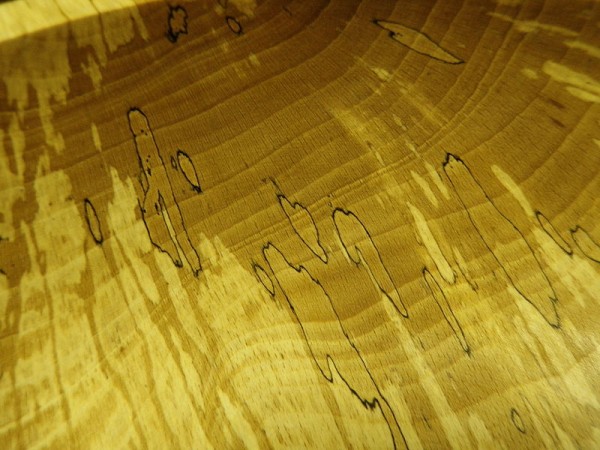Humidity even when outside can be a bit of an issue. However, when it is inside the home, then you are looking at a problem that can rapidly devalue the property by causing wood rot (which could affect your window panes, doors and furniture) and a mold problem. Whatever the case, excessive moisture is not your friend. So, what can you do if your home is excessively humid? What steps can you take to alleviate the problem?
Identify the Source of the Humidity
The first thing you need to do before taking any steps is to find out where the humidity or condensation is coming from. This means checking the crawl spaces, the basement, leaking pipes and faucets, and see how tightly sealed the house is.
Usually homes with one or more of these problems will probably have moisture problems. If there’s a considerable presence of mold in the basement, then there’s a significant level of moisture there. This is something you should check out too.
Contact the Plumber
If you have done all these by yourself, you might want to engage the services of a plumber to come help you identify the source of the moisture and humidity. Usually, plumbers can quickly locate leaky or burst in-wall or hidden pipes or other sources of moisture that you may not be able to spot.
Plastic Vapor Barrier
Some experts recommend the use of plastic vapor barrier. In case you are not familiar with this, a vapor barrier is a placed over the walls of the home so that it can prevent any moisture from inside the home from getting into the walls.
This is because if there’s a lot of condensation, it’ll end up ruining your walls and insulation. It’ll also promote the growth of mildew or mold and fungi within your walls. You should also install it below the crawl space in your house even when the soil there looks dry.
Precipitation does not necessarily show on the soil. It just evaporates and settles in the house. These, while seemingly harmless, can be dangerous to your health.
Use a Dehumidifier or Heating Stove
If you can afford it, get a dehumidifier to reduce the amount of moisture in the home. Thankfully, there are quite a few portable dehumidifiers that can comfortably take on or dehumidify the house by as much as 70 points on a daily basis. You may also want to get an electronic humidistat control. These will help instantly regulate and reduce the amount of moisture in the home.
When in the market for portable or even full sized dehumidifiers, lookout for particularly less noisy ones as most of them tend to be noisy. If you want, you can also use a heating stove to warm the house. Some people have recorded considerable success with this. So, you might want to try that out too.
Ventilate the House Properly
Excess moisture in the home can also be the result of the house being sealed too tightly. Sure a tightly sealed house –particularly when new helps get rid of outdoor air, but it is often better to ventilate at least once a week. When you do ventilate, turn on the central ventilation or fan. This will help blow out the moisture and let in some dry air from the outdoors.
Get a Whole House Air Exchanger
Admittedly, this is quite pricey, but it helps particularly when you live in an area where there’s naturally much humidity. Besides, they are being used more and more in home and property constructions these days. This will help suck out the moisture and suck in dry air from the outside through specified vents.
There you go. If you apply one or more of those tips at the same time, you’ll likely find your home drier and with less moisture. Good luck.
Oscar King works as a home appraiser in Orlando, FL, helping people with making sure their homes are able to withstand the high humidity of the region. For high quality air conditioning systems to help keep home humidity down, he highly recommends Facemyer Air Conditioning and Heating. You can learn more about Oscar by visiting his Google+.
